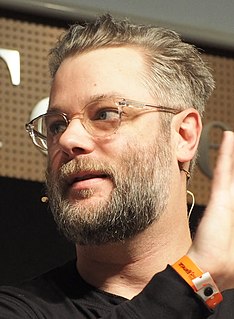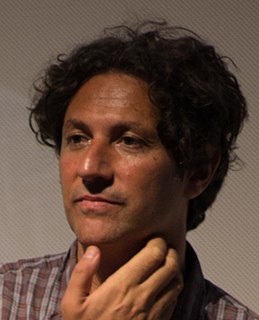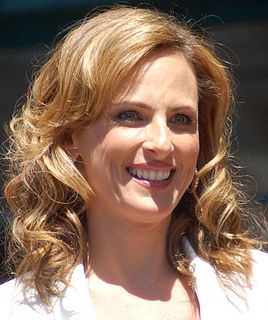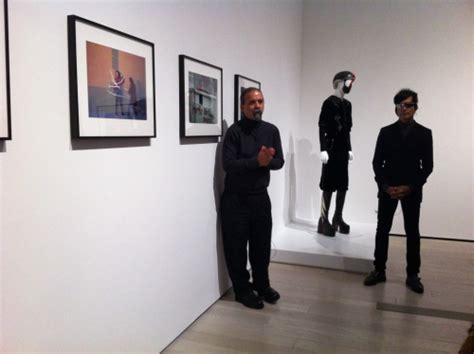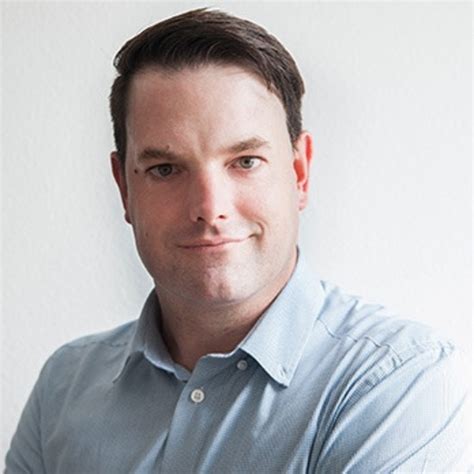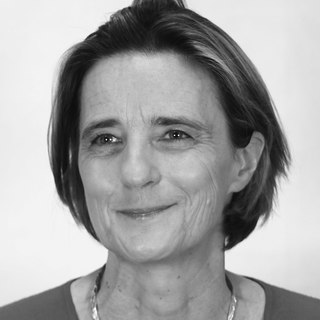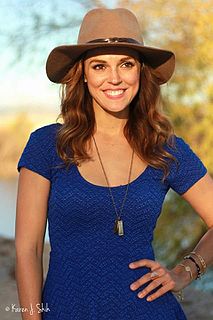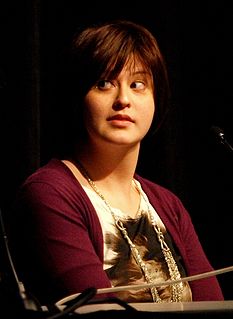A Quote by Cory Barlog
The vocabulary of film is camera cuts, it's how they communicate. But games are different. We don't really need to do that. We do it because it's a language that we're familiar with.
Related Quotes
Where my earlier works, what sets them apart is that I didn't need approval and I didn't need permission from anyone because I wasn't being paid. So, to me, I was allowed the freedom, the total freedom to just communicate how I wanted to communicate and my whole level of perspective was to communicate to the barrios, communicate to the gangs and communicate to the people that frequent the thoroughfares that were populated by these gangs and by this life style.
To be functionally fluent in a language, for instance, in most cases you need about 1,200 words. To acquire a total of vocabulary words, if you really train someone well they can acquire 200 to 300 words a day, which means that in a week they can acquire the vocabulary necessary to speak a language.
We need games like 'A Closed World' for many reasons. When you hear another developer talk about how games need to grow up, they need to tackle adult themes, and how they need to embrace that ability to transport the player into a different world, this is that game that they want other developers to make.
You have to communicate on a much greater scale. With a camera, you can use the flick of an eye. On stage, a lot of other things are happening that can pull focus or energy. You're always thinking the same way, but you have to amplify your thoughts with the volume of your speech and the ways you use your whole body to communicate what you're feeling. It's a little bit different from film.
A film, since it is primarily a visual medium, should really be like a silent film. You should be able to watch something and understand what was going on and use voice when you need to communicate something you can't necessarily communicate visually. The book is the opposite. The book is an inner monologue which is beautiful.
When the film [Certified Copy] was in the Cannes Festival, I realized that the fact of having it shot in a different culture, in a different language, in a different setting, that wasn't mine and that I didn't belong to, gave me a totally different relationship to the film. When I was sitting in the audience during the official screening in Cannes, I didn't feel that it was my film.
